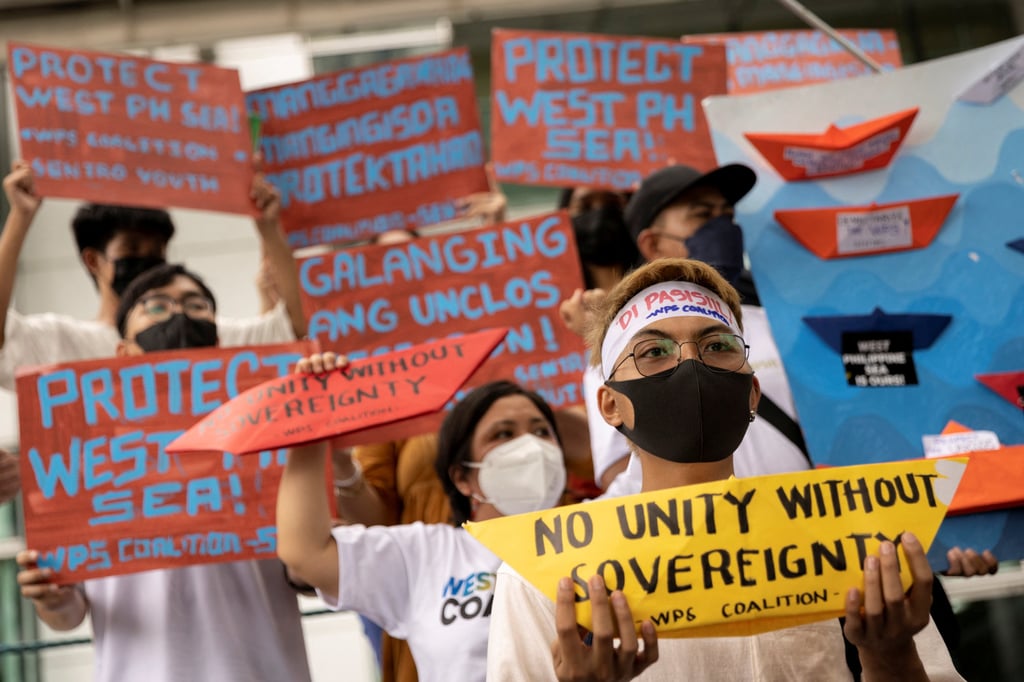Asian Angle | Is the ‘Asian way’ just China’s bid to rival US moves in Southeast Asia?
- Beijing has advocated the ‘Asian way’ in its approach to Asean-China ties and as contrast to US balance-of-power moves in Indo-Pacific region
- Its invocation of the ‘Asian way’ has, however, sought to discourage Southeast Asian claimant states in the South China Sea from recourse to international law

The “Asian way” has been a persistent theme in China’s messaging towards its Southeast Asian neighbours in the last decade.
Chinese Foreign Minister Wang Yi recently restated it at the Asean Secretariat on July 11 as he called for “settling differences in the Asian way” to “blaze a new path of security that chooses dialogue over confrontation, partnerships over alliances, and win-win over zero-sum game”.
What does the “Asian way” mean? Does it exist as an objective reality, or is it a Chinese discursive invention in its strategic contest with America to win over the region?
The “Asian way” started to gain salience in China’s strategic messaging in 2013, when Manila initiated the South China Sea arbitration case against Beijing. Wang then advised his Asean audience that “the most important experience” in Asean-China relations was “to stick to the ‘Asian way’ and the ‘Asean way’ and resolve the differences through friendly consultations and equal-footed [sic] dialogue”.
In the Chinese construction, Asian neighbours do not bring each other to court because adjudication is deemed to be confrontational and adversarial. Yet, international law experts have debunked this myth by pointing out that Southeast Asian countries “have a positive track record of referring their disputes to the international legal process”.
China’s invocation of the “Asian way” seeks to discourage Southeast Asian claimant states in the South China Sea from seeking recourse to the dispute settlement system under the United Nations Convention on the Law of the Sea. Beijing instead insists that the ongoing Asean-China negotiation on a code of conduct (COC) is more fitting for “Asian values” as it is based on “consultation”, “consensus”, and “equality”.
Such an “equal footing” argument, however, stands on tenuous ground. China has been ramping up its military and para-military power in the South China Sea, jeopardising other claimant states’ maritime rights and interests. The idea of “negotiation, not arbitration” ensures that China can take advantage of its power asymmetry with the other claimants, rather than having to face them as legal equals before international law.


